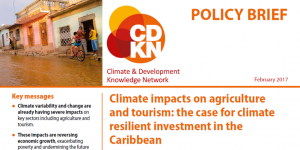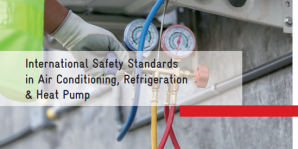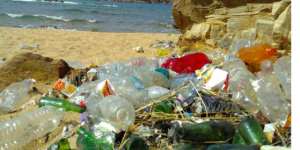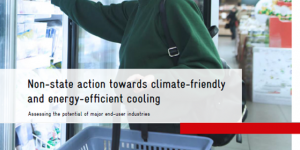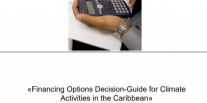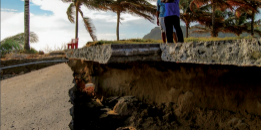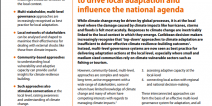Access: Official
Description
In many small island developing states (SIDS), tourism is a principal driver of the economy and of infrastructure development. The SIDS’ tourism sector is, however, threatened by climate change impacts, which will likely incur high costs for climate change adaptation (CCA). Discussions are starting about who should pay for the costs of adapting to climate change, especially the balance amongst sectors such as between governments and the tourism industry. Through the perceptions of selected industry stakeholders, this study explores the potential of the tourism industry in SIDS in financing its own CCA. Fiscal and political mechanisms were examined, such as adaptation taxes and levies, adaptation funds, building regulations, and risk transference. The study’s exploratory method combines nine indepth key stakeholder interviews from various SIDS and an extensive literature review to develop a schematic of suggested mechanisms. The results reveal a high overall potential for the tourism industry funding its CCA, but with significant challenges in realizing this potential. Consumer expectations and demands, governmental hesitation in creating perceived investment barriers, and assumptions about cost effectiveness could undermine steps moving forward. Varying incentive structures, the sector’s price sensitivity, and the differing abilities of tourism industry stakeholders to adapt are factors suggesting that government frameworks are needed to ensure effective and substantive action.


